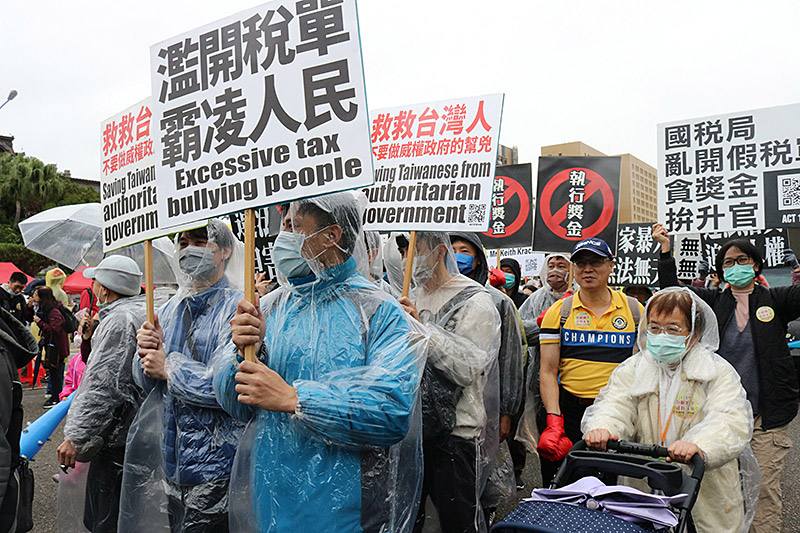Expectations Low As Donors Meet In Afghanistan
Secretary of State Hillary Clinton arrived in Kabul Monday for an international donors' conference that will host dozens of foreign ministers. Diplomats called the meeting Tuesday a symbolic success even before it began, just by the fact that it's possible to hold it Kabul — past donor meetings have been in London or Tokyo.
Afghan civilians are not so quick to accept that praise, since nine donors' conferences in nine years have left them deeply disappointed. Since 2002, such conferences have pledged over $40 billion in reconstruction aid to Afghanistan, though the Afghan government estimates that only $35 billion has been delivered.
For the donors' conference Tuesday, the road from the airport to the venue is freshly painted with red and white stripes and decked out with smart new Afghan flags. But the rest of Kabul's roads aren't getting the same treatment.
The dust-choked dirt roads of the capital are often the first thing Afghans mention in their list of questions about where the billions of dollars in donor money have gone and why there isn't more to show for it.
Getting Aid To The Streets
Another of the city's traffic arteries, the road past the neighborhood of Bagh-e Bala, is just now getting paved.
Mohammad Yama, a shopkeeper next to the dusty construction site, wonders why it took six years for the work to even start and now more than two years to lay a mile or two of asphalt.
"Our president — he is corruption," Yama says.
Corruption explains the Afghan government's slowness, Yama says. He doesn't trust the international donors either, and on that point he actually agrees with the government. Yama would like to see more of the reconstruction money going into the hands of Afghans, instead of international contractors.
Afghan Finance Minister Omar Zakhilwal hopes donor countries will give more control of aid and development money to Afghans. In return, President Hamid Karzai is expected to pledge to fight corruption and improve government management.
"If I am asked a question to choose between doubling the pledges but continuing with the existing mechanism of delivery versus keeping the pledges at where they are but then agreeing to the government proposal to align its resources with its realities, I'll pick the latter. And I believe the impact of the latter would be greater," Zakhilwal says.
Only 20 percent of the money coming in goes through the Afghan government, perhaps a sign of the international community's lack of faith in the Karzai administration.
But Zakhilwal argues that the foreign governments and charities administering the aid have been equally wasteful. He wants to see 80 percent of international aid come through the Afghan government's development plan.
This message dovetails perfectly with a growing push from the West to draw down here. And the U.S. ambassador to Afghanistan, Karl Eikenberry, says the current Afghan Cabinet is up to the task.
"But for the first time we've got a clear strategy, we've got the resources aligned against it. I think we've got a good group of partners here who can grip this. They know what the stakes are, we know what the stakes are. We're going to lean into this and try to make progress over the next year," Eikenberry says.
'Not Very Hopeful'
But the conference may be more symbolic than substantive. Dozens of international delegations will produce a joint communique, but Afghans are fairly skeptical it will result in much else.
Among the skeptics is Fawzi Kofi, a member of the Afghan parliament.
"Many foreign delegates will come, including some foreign ministers, the U.N. secretary general, others. They will have nice speeches," Kofi says.
But she says the current government is still so rife with corruption that it doesn't matter what the donors do.
"The problem in Afghanistan is not lack of funding ... the problem is with the capacity, with the trust in terms of delivering and outcomes. I'm not very hopeful," she says.
Kofi says the Afghan government needs to be changed completely. But some observers say that in coming to the Kabul conference, foreign ministers from around the world seem to be accepting that the Afghan government isn't going to change.
Western diplomats and Afghan ministers promise there will be stringent accountability measures taken with this new plan to "realign" aid to Afghanistan.
Still, the bar has been set fairly low for the Kabul conference if the United Nations' top representative in Afghanistan said that the conference's location alone made it a success.
Source: NPR News
- 475 reads



